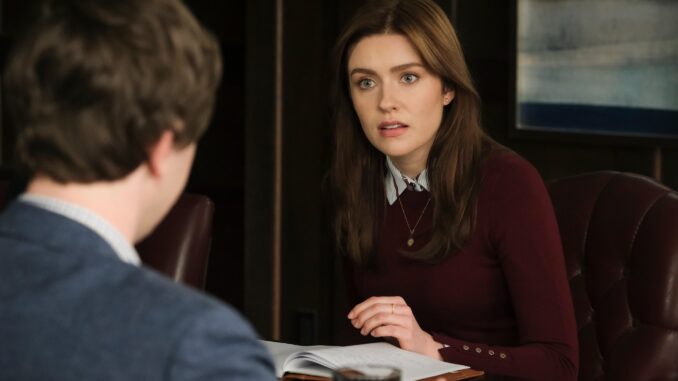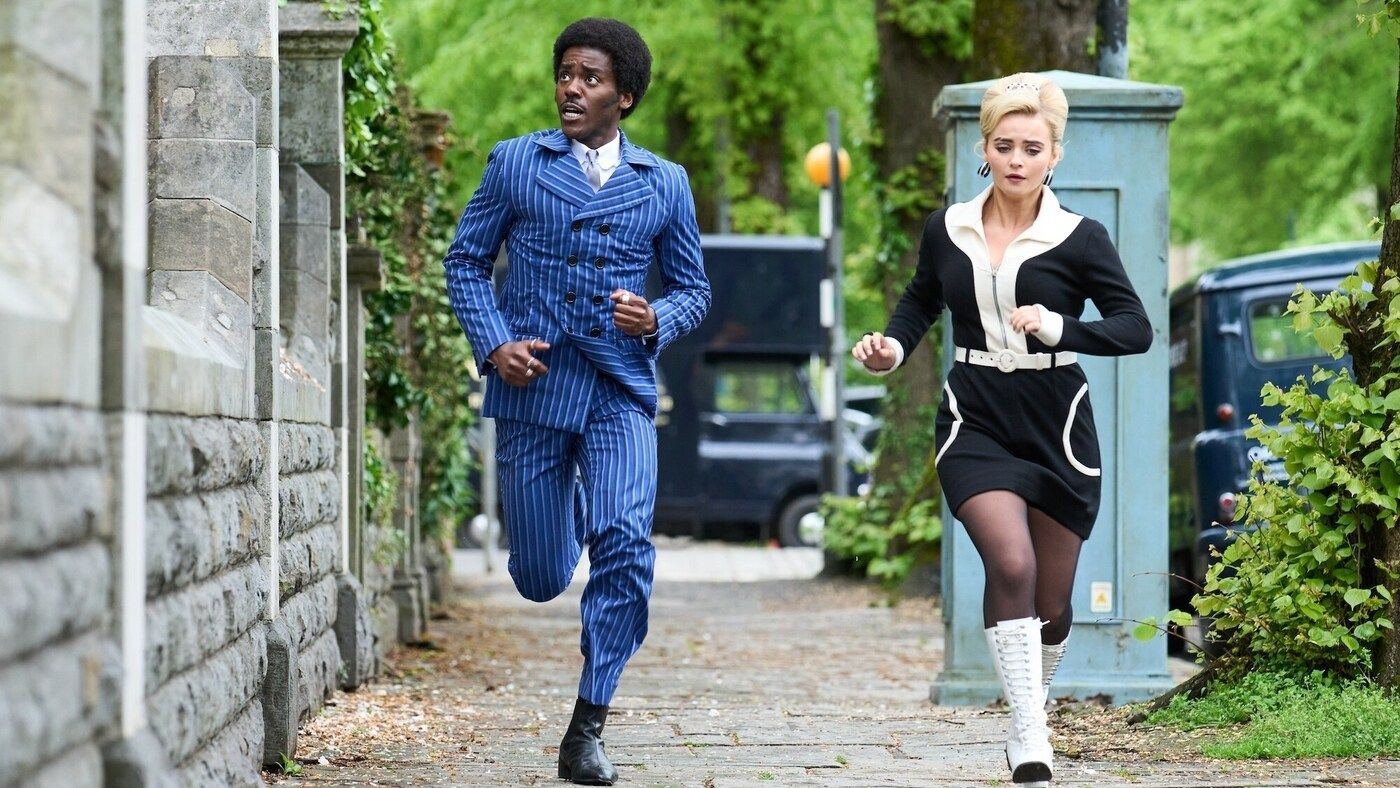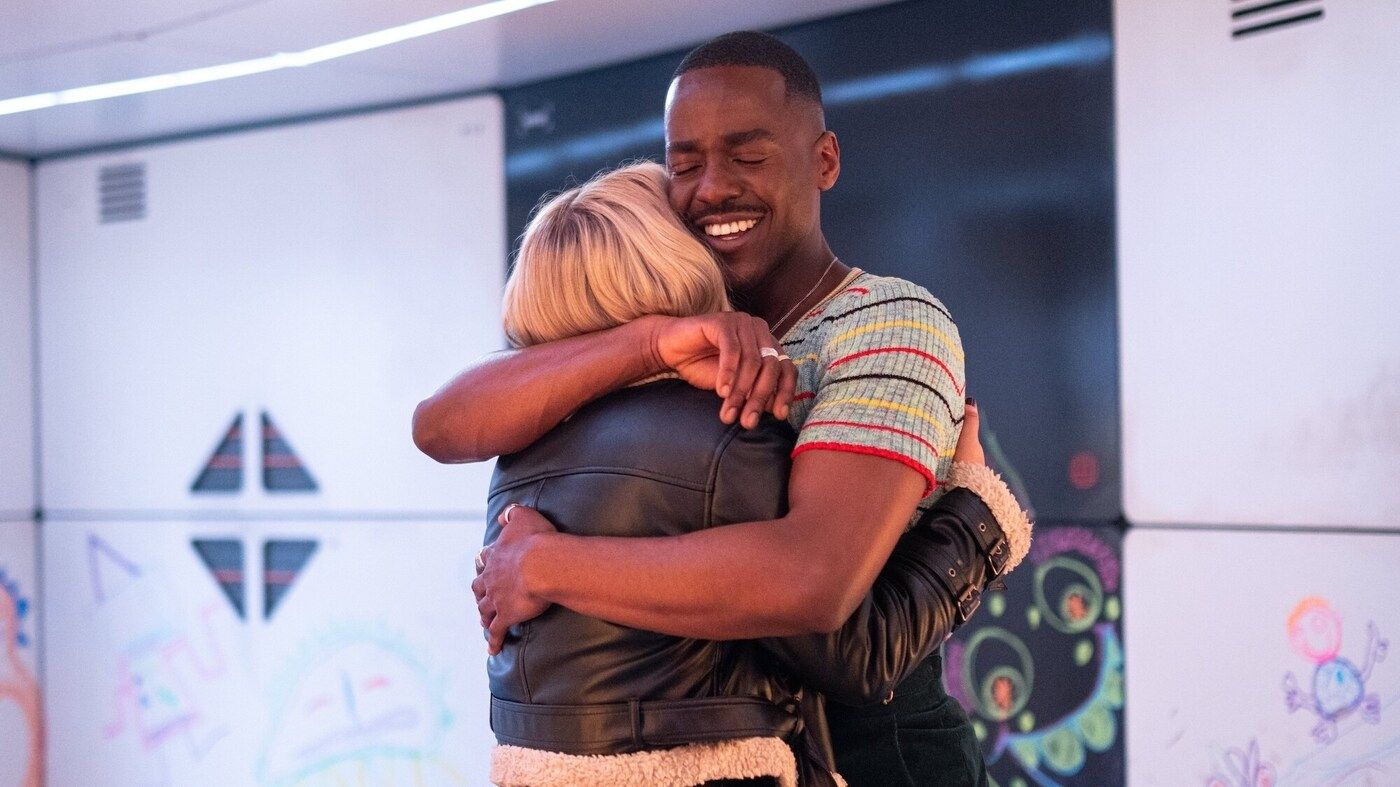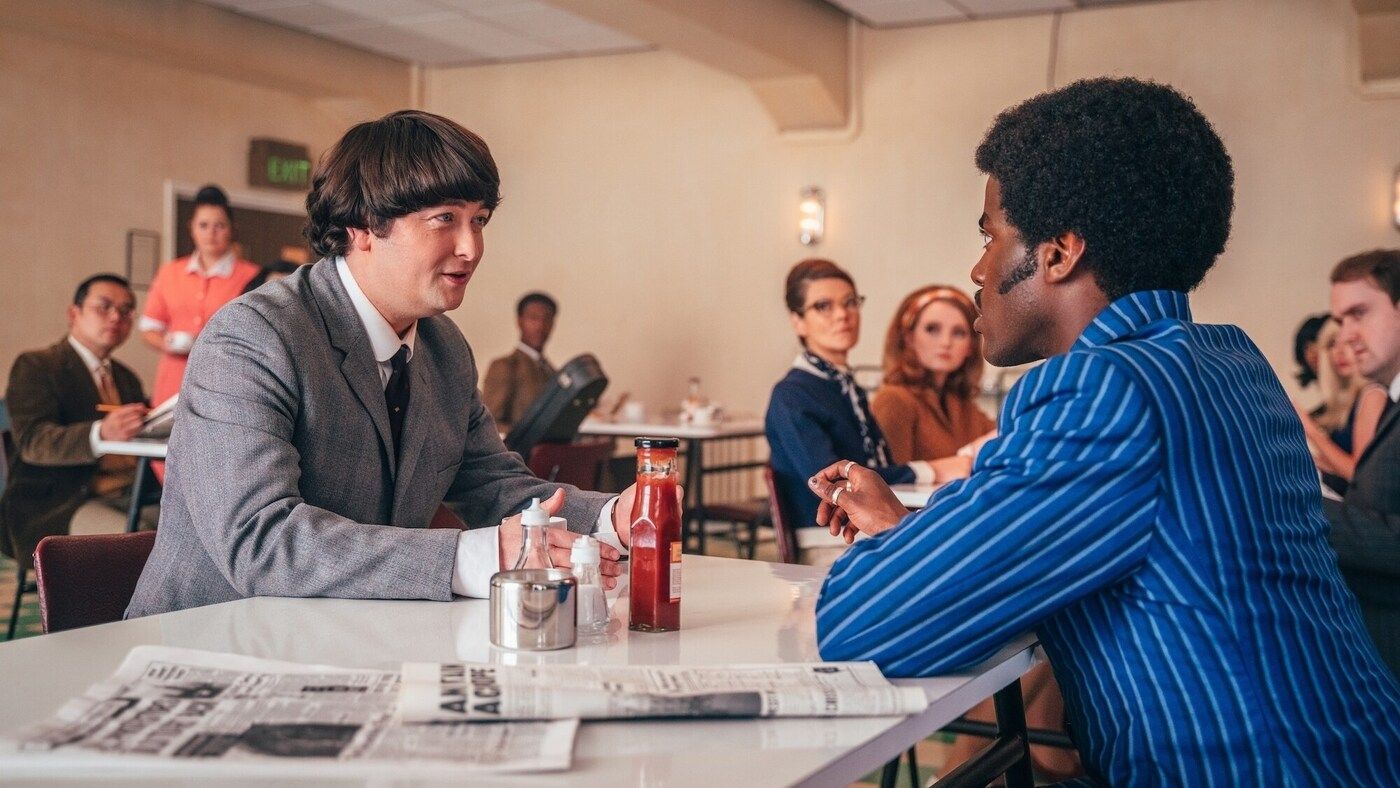
The fundamental idea of Doctor Who is that anything is possible — and Doctor Who Series 14 emphasizes that incredibly well, thanks to the welcome return of Russell T Davies to the Whoniverse and Ncuti Gatwa’s new Doctor. Audiences have already seen what Davies, Gatwa and new companion Millie Gibson can do thanks to the Doctor Who 60th Anniversary specials, but Series 14’s first two episodes take that up a notch into a wild, strange and really fun launch for the next Team TARDIS.

Davies writes both episodes, which are released together as a kickoff to the show’s Disney+ era. Series 14, Episode 1, “Space Babies” is the kind of delightfully over-the-top adventure that makes the unbelievable into something heartwarming. Series 14, Episode 2, “The Devil’s Chord” then pivots to tell a darker story led by vicious — and vivacious — guest star Jinkx Monsoon. But in these two installments, Davies goes from the future to the past in order to establish that the time is now for Doctor Who.
Doctor Who’s ‘Space Babies’ Is Wonderfully Absurd
The Doctor: Nobody grows up wrong. You are what you are.
“Space Babies” is a perfect series premiere episode for Doctor Who, because it establishes the offbeat nature of the show and its infinite possibilities right off the bat. Anyone who’s never seen Who before — and one imagines there will be many new viewers thanks to the shift to Disney+ — will immediately understand that the show is fast-paced, quirky, and capable of anything. Not only does Davies come up with the absurd idea of babies on a space station, he puts it right in the episode’s title. There are, naturally, plenty of cute moments and baby jokes in the opening act.
But where Doctor Who separates itself from other shows that try fun ideas — for example, X-Men ’97’s neat but random “Motendo” story — is that Davies follows up with the spoonful of angst that underlines this show. There’s always something serious around the corner, even when the most innocent and adorable lifeforms are involved. Yes, the monster known as the Bogeyman is made out of snot (hence the name), and it looks like an even more gross version of the beings from Alien. Yet that cringe-worthy reveal is in the same episode where characters are talking about the babies being abandoned on said space station, and whether or not they’re going to die there. There are some serious — and seriously sad — ideas under the bright colors, fun drawings and the one Star Trek reference.

Because of the premise, “Space Babies” leans more into the manic and fun side of the Doctor, and Ncuti Gatwa wastes no time in chewing the scenery. Millie Gibson’s character Ruby Sunday might be the newcomer to the TARDIS, but the Doctor has the same bright-eyed and bushy-tailed enthusiasm. The biggest criticism of the hour is that both characters are still trying to find themselves. It’s not until later that the dramatic side of the Doctor comes out for more than a moment, and Ruby goes through the usual “adjusting to space and time travel” motions. Neither quite settles into what makes them unique or different. That’s an issue that gets settled by the second part of this two-episode premiere, which is on the whole other end of the Doctor Who spectrum.
‘The Devil’s Chord’ Is a Creepy and Ominous Doctor Who Adventure
It’s clear that there was some thought put into the running order of Doctor Who Series 14’s limited episodes, because “The Devil’s Chord” could not be more different from “Space Babies” — and in so doing, reminds audiences that this is fundamentally an anthology series. After going into the far future, Davies turns and heads the exact opposite direction, landing in the past. And after a bonkers adventure with a snot monster, this story is a depressing one in a world largely without music that will probably scare some people away from playing instruments for a while. The only connective tissue between the two episodes is that the “songs” heard in this alternative version of the 1960s (and calling them that is being generous) would only be interesting to babies.

